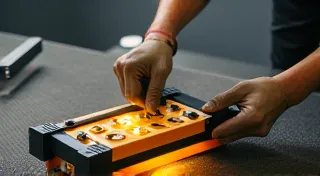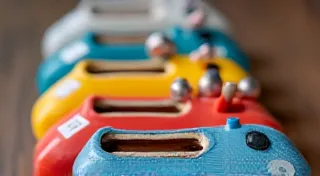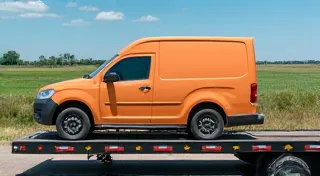The Ultimate Guide to Soap Box Car Wheel Selection
Choosing the right wheels is critical for speed and performance in soap box car racing. This guide explores different wheel types, materials, and how to choose the best ones for your build and racing style.
Why Wheels Matter So Much
In soap box car racing, minimizing friction is key. Your wheels are the only contact point between your car and the track, so their performance directly impacts your speed and control. Poor wheel choice can lead to excessive friction, instability, and slower race times. Conversely, well-chosen wheels will roll smoothly, efficiently, and contribute significantly to a competitive edge.
Understanding Wheel Types
Historically, soap box car wheels have evolved. Let's break down the common types you’ll encounter:
- Original/Vintage Wheels: These are often made of pressed steel with a simple bearing. They're readily available and relatively inexpensive. While offering a classic look, their performance isn't ideal for serious racing.
- Modern Pressed Steel Wheels: Improved versions of the original wheels, sometimes with better bearing surfaces and a slightly more refined design. Still generally a budget-friendly option.
- Aluminum Wheels: A significant upgrade. Aluminum offers a lower density and higher strength-to-weight ratio than steel, meaning you can reduce the overall weight of your car while maintaining durability. This weight reduction contributes to faster acceleration and improved handling.
- Composite Wheels (e.g., Delrin): These offer very low friction, contributing to increased speed. They are usually more expensive than aluminum.
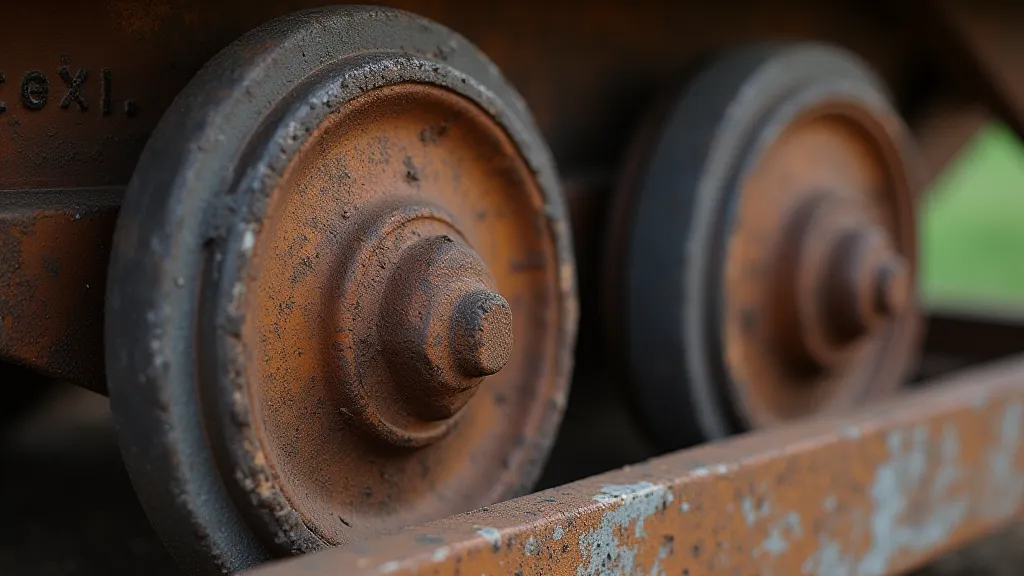
Bearing Considerations
The bearing within the wheel is just as important as the wheel itself. Here’s what to look for:
- Material: Steel bearings are standard. Chrome steel bearings are a step up, offering improved durability and reduced friction.
- Precision: Higher precision bearings (indicated by an ABEC rating) roll more smoothly and with less friction. While higher ABEC ratings can be beneficial, the practical benefit for soap box car racing can be marginal compared to cost.
- Seals: Sealed bearings offer protection from dust and debris, extending their lifespan.
Wheel Material Comparison
| Material | Pros | Cons | Typical Cost |
|---|---|---|---|
| Pressed Steel | Inexpensive, readily available, classic look | Higher friction, heavier | $10-20 per wheel |
| Aluminum | Lighter, stronger, reduced friction compared to steel | More expensive than steel | $30-50 per wheel |
| Composite (Delrin) | Very low friction, lightweight | Most expensive | $60+ per wheel |
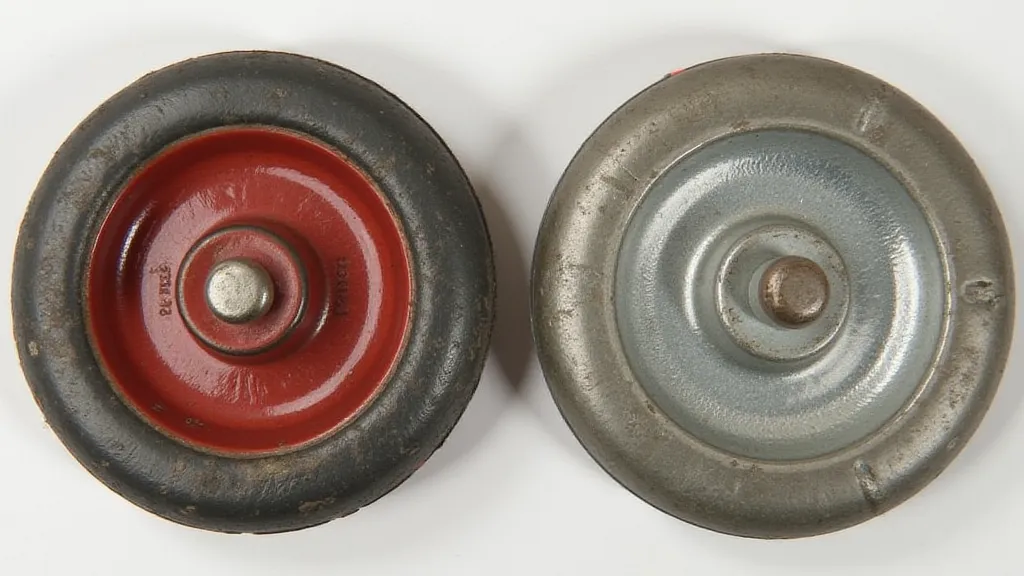
Choosing the Best Wheels for Your Build
The "best" wheel depends on your budget, skill level, and racing goals:
- Beginner/Budget Build: Pressed steel wheels are a good starting point. Focus on ensuring the bearings are clean and well-lubricated.
- Intermediate/Performance Build: Aluminum wheels provide a noticeable performance improvement without breaking the bank.
- Advanced/Competitive Racing: Consider composite wheels for the lowest friction and highest potential speed.
Lubrication is Key
Regardless of the wheel material you choose, proper lubrication is vital. Use a high-quality, low-viscosity lubricant specifically designed for bearings. Regularly clean and re-lubricate your wheels to maintain optimal performance.
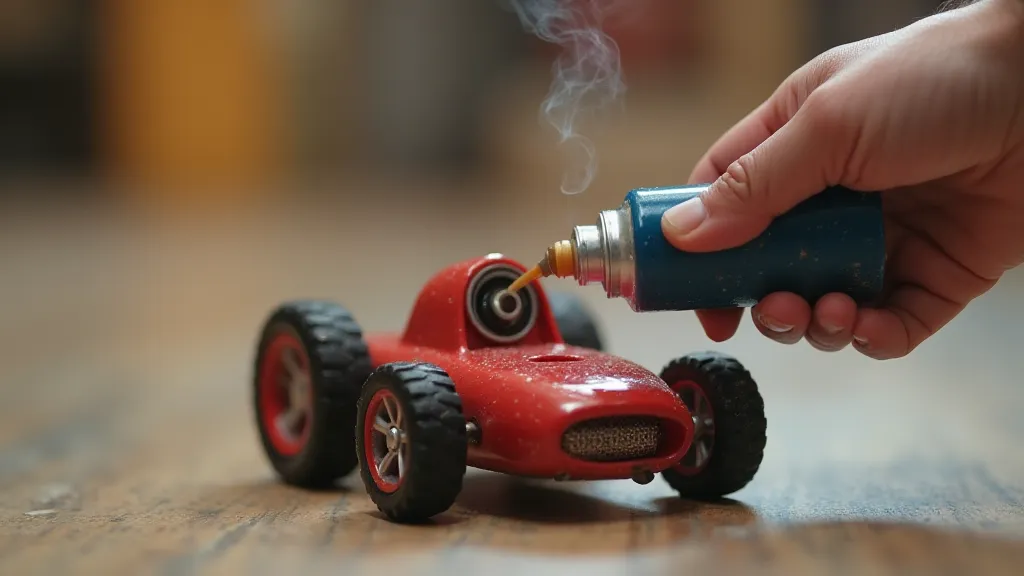
Final Thoughts
Choosing the right wheels for your soap box car build is a crucial step toward success. Carefully consider your budget, performance goals, and maintenance capabilities to make an informed decision. Happy building, and may your car roll swiftly!

